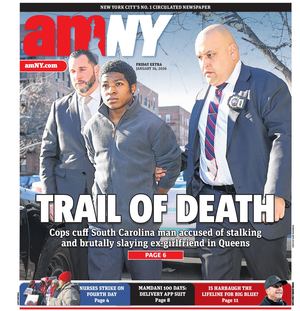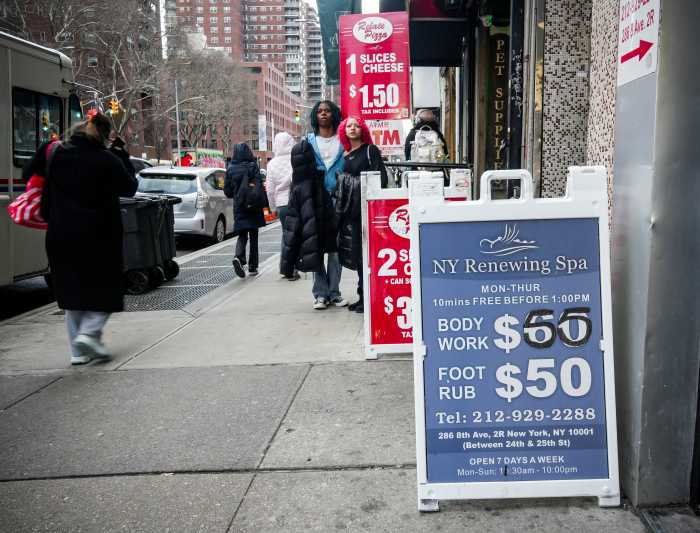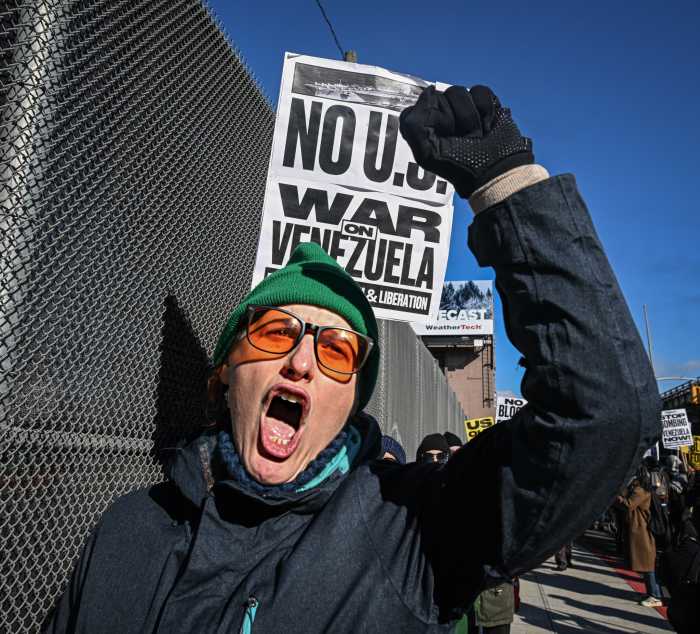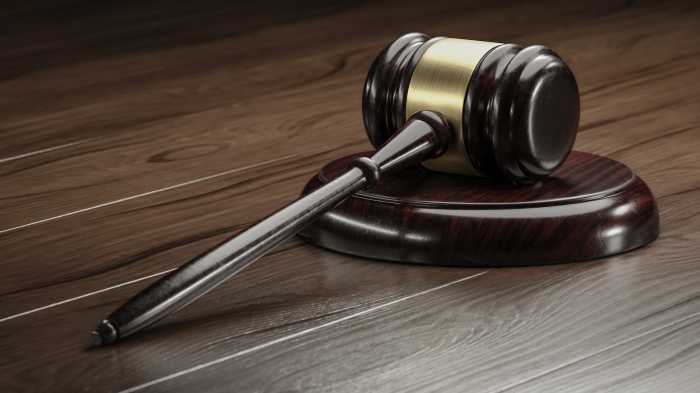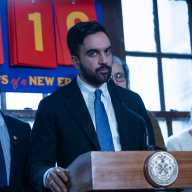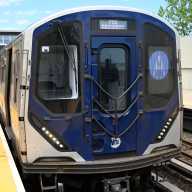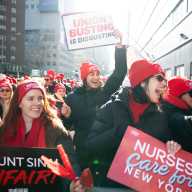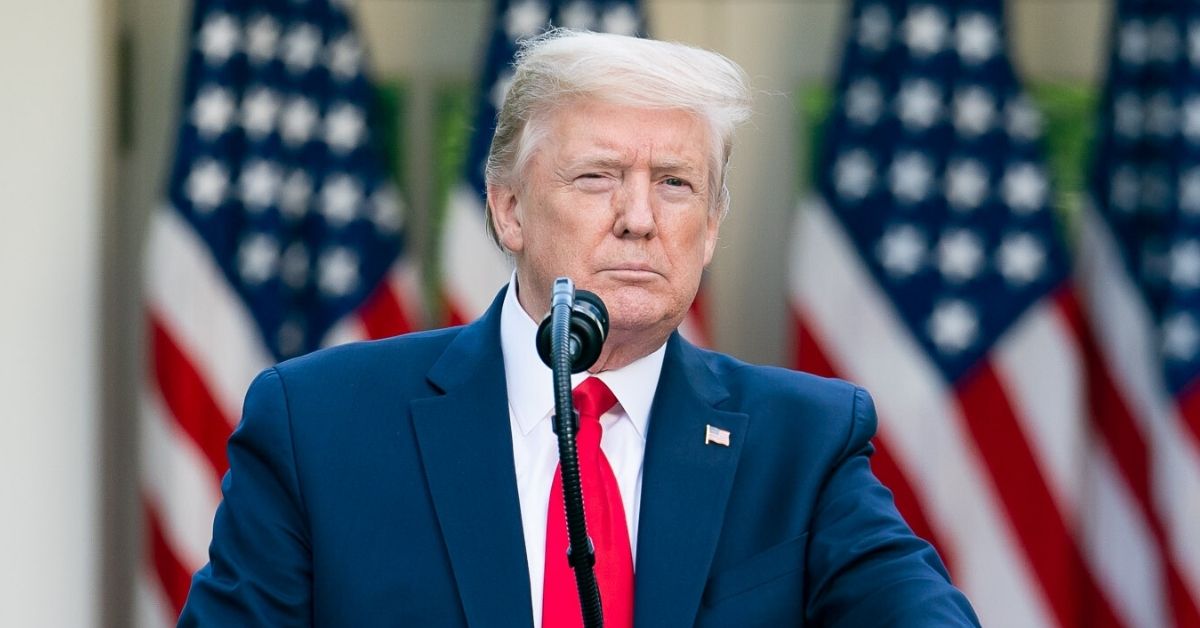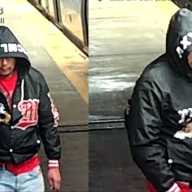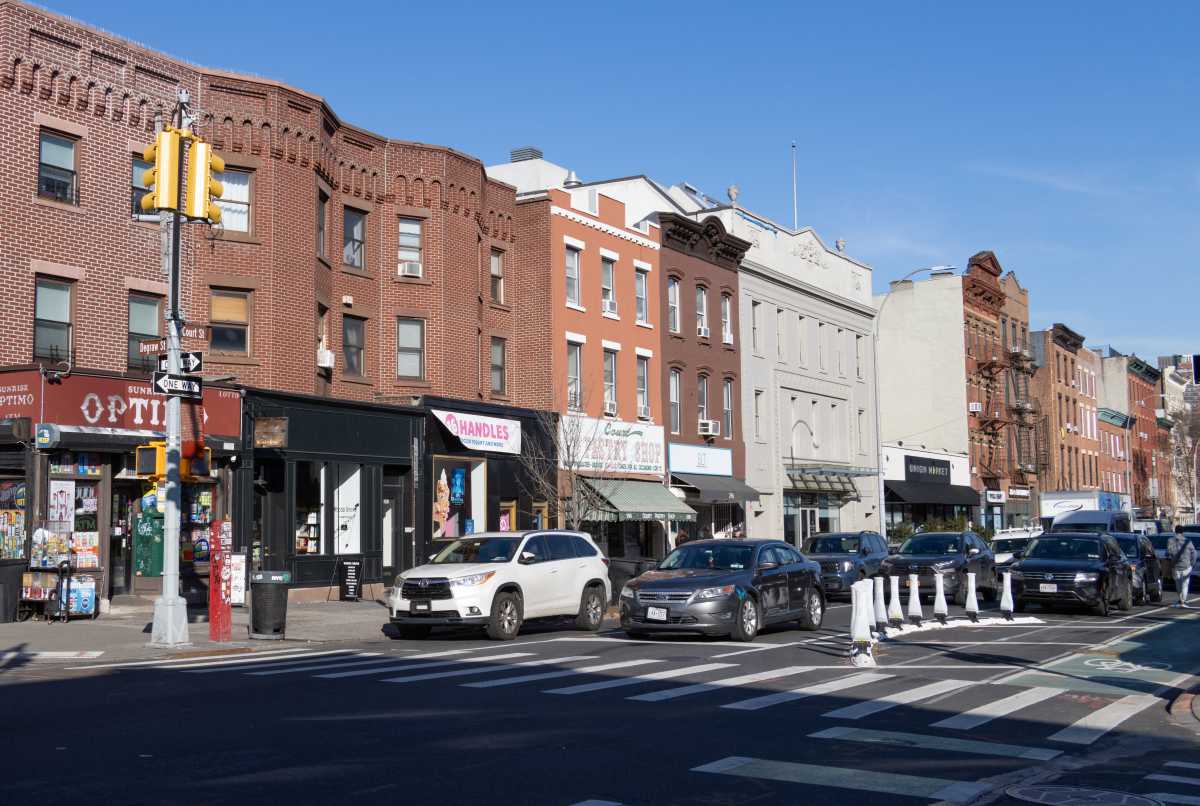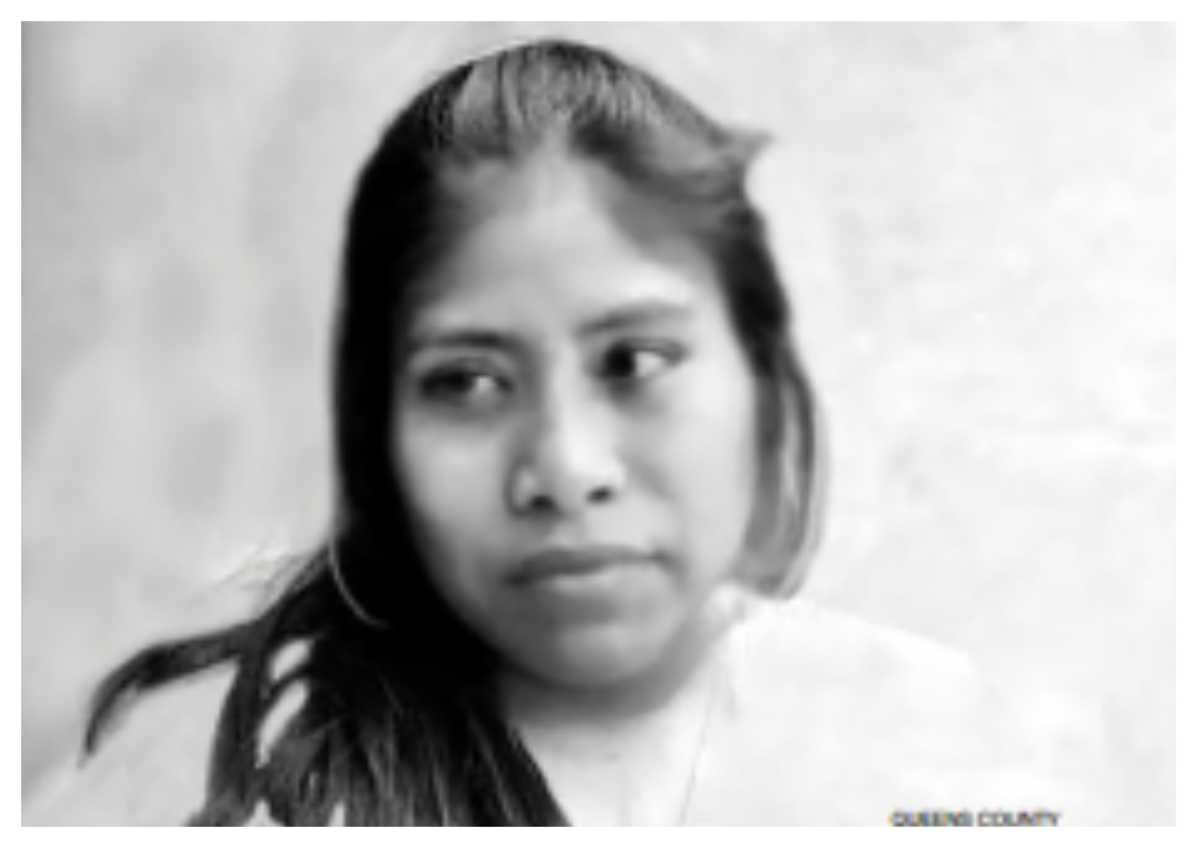The cost of riding city buses and subways is going up Sunday.
A transit fare will cost $2.75, or $116.50 for an unlimited monthly pass. If you can afford a monthly MetroCard and take advantage of discounts offered, the increase is negligible. But if you’re one of the city’s 436,000 working poor relying on the system to get back and forth to work, the kids’ school and to shop for essentials, the higher fare can hit hard.
According to our Unheard Third poll, one out of three poor New Yorkers cannot afford bus and subway fares. And that was before the increase. To afford a weekly MetroCard, we estimate that a minimum-wage worker working full time would have to work an additional half day a week.
On its face, a 4% increase may not sound like a lot. However, with $15 billion in unfunded capital needs and a system that relies heavily on fares to keep it going, look for higher increases two years from now when the MTA raises fares yet, again. Now is the time for our city and state lawmakers to beef up funding sources for the MTA beyond the fare box.
One funding proposal, the Move NY plan, would raise some tolls and lower other tolls and provide more than $1 billion annually for public transit. Lawmakers also should consider raising the gas tax, stuck at just 8 cents a gallon since 1972. Although fuel taxes can be regressive, that’s less true in NYC, where the majority of people earning under $70,000 don’t own cars.
The same survey found that 7 out of 10 New Yorkers favor offering half-price fares to low-wage workers, like we do for seniors. Earlier this month, Seattle launched such a discount program. Smaller cities such as Madison, Wisconsin, and Charleston, South Carolina, also offer low-income riders discounted fares. Why not New York?
Providing a reduced fare for low-income New Yorkers, with household incomes at or below 200 percent of the poverty line, would help those struggling to get ahead in a post-recession economy where most of the new job creation is in low-wage industries. The details and feasibility of implementing a reduced fare need to be hashed out.
But with economic mobility hinging on transit mobility, we need to find a way to keep fares affordable for all New Yorkers.
David R. Jones is the president and chief executive of the Community Service Society of New York, an advocacy organization for the working poor. John Raskin is executive director of Riders Alliance, a grassroots organization working to improve public transit in NYC.
